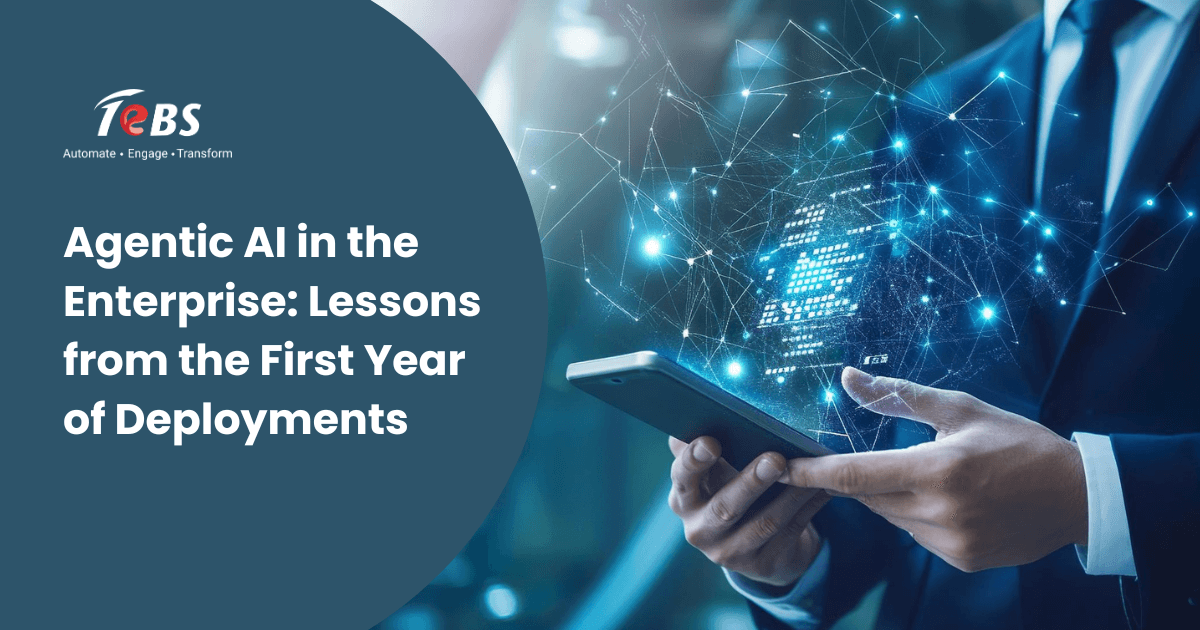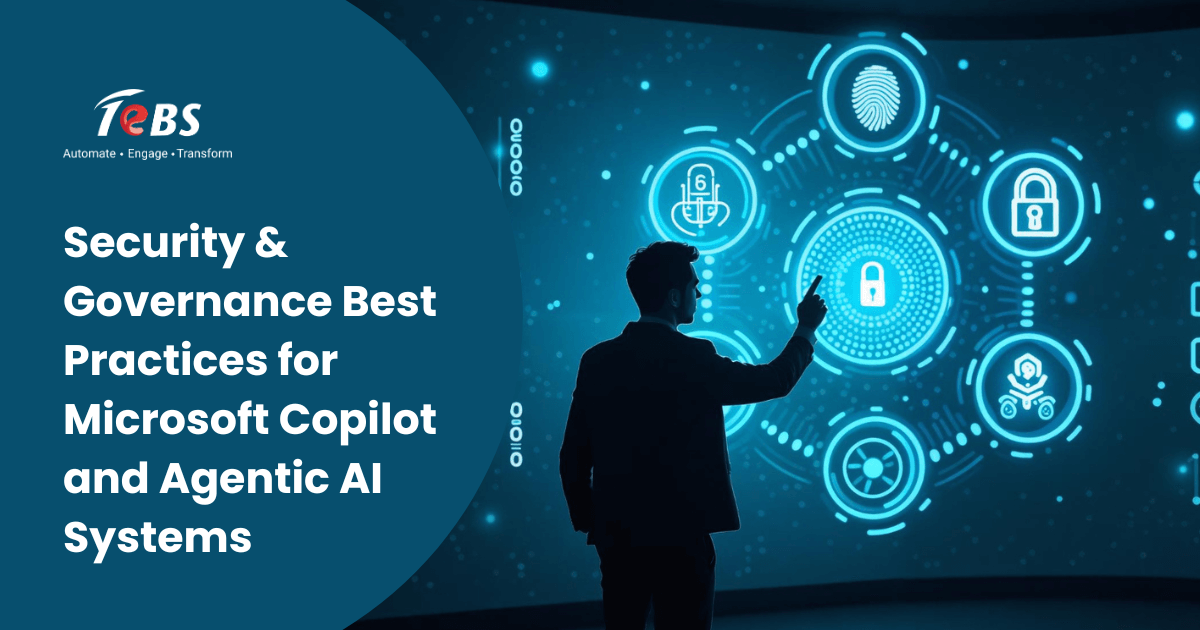Nonprofit organizations (NPOs) are on a mission to make meaningful impact in society by serving vulnerable communities, addressing social challenges, and creating long-term change.
Today, many of these organizations are embracing digital transformation to modernize operations, strengthen donor relationships, and improve service delivery.
However, with digital growth comes an increased need for cybersecurity vigilance.
One of the most critical yet often overlooked elements in this journey is a security assessment a structured review of an organization’s digital environment to identify and mitigate risks.
For nonprofits, this isn’t just a technical check box, it is a vital safeguard for trust, operational integrity, and long-term sustainability.
1. Nonprofits Are Prime Targets for Cyber Threats
Nonprofits, by their very nature, handle sensitive data. Whether it’s personal information of donors, case files of beneficiaries, or internal records of staff and volunteers, this data is both valuable and vulnerable.
Despite this, many nonprofits operate with lean IT resources, outdated systems, and limited cybersecurity expertise.
These gaps make them appealing targets for cyber attackers.
Ransomware, phishing attacks, and data breaches can cripple a nonprofit’s ability to operate and severely damage its reputation.
A security assessment helps identify these weak points before they are exploited, an essential practice in a world where digital threats are constantly evolving.
2. Safeguarding Donor and Beneficiary Trust
Trust is the lifeblood of nonprofit organizations. Donors contribute funds expecting their data to be handled responsibly.
Beneficiaries, especially in areas like mental health, eldercare, or social welfare, often share personal and sensitive information under the assurance of confidentiality.
A single breach can shatter this trust, leading to:
- Withdrawal of donor support
- Legal consequences due to data protection violations
- Emotional and reputational harm to beneficiaries
A comprehensive security assessment enables nonprofits to demonstrate their commitment to protecting the people they serve.
It reassures all stakeholders that data privacy and ethical governance are top priorities.
3. Regulatory Compliance and Legal Protection
Governments and funding agencies are increasing their expectations when it comes to data privacy.
Regulations such as GDPR and local cybersecurity mandates require organizations to protect personal data with adequate technical and organizational safeguards.
For nonprofits operating across borders or managing large volumes of personal information, compliance is not optional. Security assessments help organizations:
- Stay updated with regulatory requirements
- Identify non-compliant practices
- Document security measures in funding proposals and audits
This process significantly reduces the risk of penalties and enhances an organization’s eligibility for institutional grants and public funding.
4. Preventing Disruptions to Critical Services
Nonprofits are often the last line of support for the communities they serve. Any disruption whether through a malware attack, server crash, or unauthorized access can stall vital services such as food distribution, counseling, or shelter programs.
Security assessments allow organizations to prepare for such risks. They evaluate:
- System vulnerabilities
- Backup and recovery plans
- Endpoint protections
- Human error scenarios
These evaluations strengthen business continuity strategies and ensure services continue even under digital threats.
5. Enhancing Operational Efficiency Through Secure Digital Tools
Digital platforms have transformed how nonprofits operate making fundraising smarter, volunteer management more effective, and program tracking more accurate.
But digital convenience can also create blind spots if security isn’t embedded into every tool or platform being used.
CareSenz, for instance, is a leading digital platform that empowers nonprofits to run their operations more effectively.
It enables organizations to manage fundraising, volunteer programs, donor engagement, and case workflows, all in one place.
Built with security and scalability in mind, it supports nonprofits across Asia in delivering impact in sectors like eldercare and mental wellness.
When a nonprofit adopts such platforms, a security assessment ensures that integration is secure, user roles are clearly defined, access controls are properly set, and sensitive data is stored in compliance with industry standards.
6. Protecting Against Internal Risks
Not all threats are external. Often, security breaches occur due to internal oversights:
- Staff using weak or shared passwords
- Improper data handling
- Lack of role-based access
- Inadequate awareness of phishing risks
Security assessments look beyond systems they also examine user behavior, process governance, and access protocols.
This allows nonprofits to implement better internal controls and foster a culture of security awareness.
With platforms like CareSenz offering volunteer rostering, case management, and donor tracking from a single dashboard, ensuring the right people have the right access at the right time is essential. Regular assessments support this governance.
7. Supporting Scalable Growth in the Digital Era
Many nonprofits are scaling their reach with digital tools. Online fundraising campaigns, virtual events, mobile service delivery, and cloud-based case tracking are helping them connect with wider audiences and achieve greater impact.
However, growth without security can backfire. A successful crowdfunding campaign that gets hacked, or a donor database exposed online, can do irreversible damage.
Security assessments prepare organizations to scale safely. They help identify whether current security frameworks can handle increased digital activity and whether systems are capable of protecting against more sophisticated threats as the organization grows.
8. Meeting Donor Expectations for Transparency
Modern donors especially institutional and corporate funders are increasingly concerned about how nonprofits manage their operations and data.
Transparency in financial processes is no longer enough; cybersecurity posture is also under scrutiny.
Many grant applications today include questions about:
- Data privacy policies
- Risk mitigation measures
- Incident response plans
By conducting regular security assessments, nonprofits can confidently present their digital readiness.
It also strengthens their case when seeking support from security-conscious donors or applying for partnerships with government agencies.
9. Enabling Smarter Decision Making with Secure Insights
Security is not just about defense it’s also about enabling smarter, data-driven decisions.
When nonprofits can securely collect and analyze data from events, fundraising campaigns, or community programs, they gain valuable insights to enhance their strategies.
Platforms like CareSenz offer in-built analytics and AI-powered recommendations to help nonprofits personalize outreach, understand donor behaviors, and measure program outcomes.
However, these capabilities are only as strong as the security infrastructure supporting them.
Security assessments ensure that analytics platforms are securely integrated and that the data flowing through them remains protected against leaks or misuse.
10. Building a Culture of Security from the Ground Up
Ultimately, the effectiveness of a security assessment depends on how seriously an organization adopts its recommendations.
For nonprofits, cybersecurity cannot remain the responsibility of just the IT team, it must be championed at every level.
By integrating security assessments into their strategic planning, nonprofits can:
- Educate staff and volunteers on cyber best practices
- Regularly audit and update systems
- Set policies for access and data usage
- Appoint cybersecurity roles or partners as needed
When nonprofits treat security as a shared responsibility, they build resilience that can withstand both digital threats and operational challenges.
Final Thoughts
Nonprofit organizations exist to do good. But doing good in today’s digital world requires more than just passion, it demands proactive steps to protect people, data, and purpose.
A security assessment is one such step. It helps identify what is at risk, strengthens trust with stakeholders, and sets the foundation for sustainable growth.
As nonprofits evolve into digital-first entities, platforms like CareSenz offer the tools to manage operations efficiently, expand reach, and enhance impact.
But tools alone are not enough. Their effectiveness depends on how securely they are implemented and managed.
That’s why security assessments are not optional, they are indispensable.
If your nonprofit is embarking on a digital journey or already leveraging platforms to scale impact, now is the time to evaluate your security posture.
Don’t wait for a breach to act. Be proactive. Be prepared. Be secure.
Ready to safeguard your nonprofit’s digital future?
Contact us at [email protected] to learn how TeBS can support your security and digital transformation goals.





